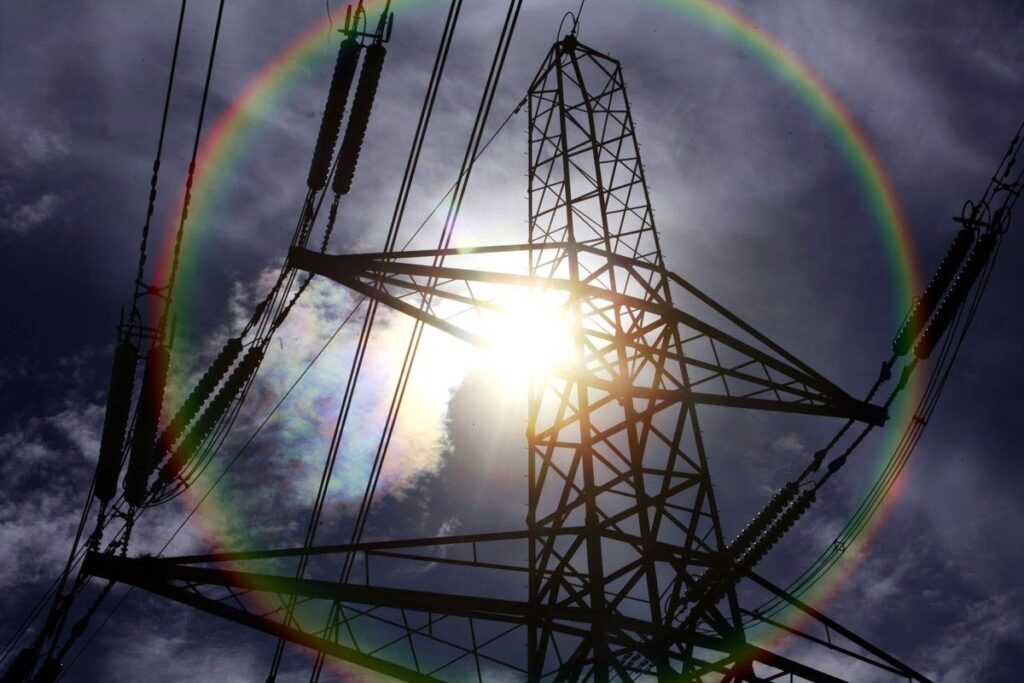Three decades ago, Europe decided to open up its energy markets to foster competition, a move meant to bring lower prices for consumers across the continent.
Fast forward to 2022, and bills have ballooned while once rock-solid utilities are struggling to stay afloat. As a result, governments are realizing they can’t leave energy security solely in the hands of markets. Berlin is in talks to bail out Uniper SE, France is considering nationalizing Electricite de France SA, while Britain has brought gas and electricity provider Bulb Energy Ltd. under its control.
-
Nations are realizing energy security can’t be left to markets
-
‘Only the beginning of growing government intervention’
“This is only the beginning of growing government intervention in markets,” said Leslie Palti-Guzman, president of New York-based consultancy Gas Vista LLC.
The underlying causes for each rescue may vary, but each are rooted in a simple truth: there just isn’t enough energy to go around anymore. Russia is severely limiting supplies to Europe, French President Emmanuel Macron is grappling with an aging fleet of nuclear reactors, and a lack of regulatory oversight meant British gas and power providers sold cheap energy without considering the return of a commodities supercyle that brought high prices.
And things could get worse still. Over the years, Europe became increasing reliant on Russian gas, which President Vladimir Putin has now weaponized in response to the global opposition to his invasion of neighboring Ukraine. Gazprom PJSC is curbing exports through all major pipelines to Europe, complicating continent’s efforts to store enough gas ahead of winter heating season.
Gas prices in the Netherlands, a European benchmark, are already eight times higher than normal, and electricity trading is signaling the crunch may last into next year. Power for 2023 delivery is changing hands at prices six times higher than the 5-year average in Germany, Europe’s biggest market.
That’s driving up costs not just for consumers, but also for energy-intensive industries, from steel furnaces to metal smelters to cement and chemical plants.
“There’s a limit to how long this situation can be sustained, the market won’t balance itself out until 2024,” said Gergely Molnar, an energy analyst at the International Energy Agency. “Until then, these financial tensions will be in place.”
The looming bottlenecks and surging prices are prompting governments to step in. Europe has ordered countries to replenish storage sites, and nations like Austria and Germany are paying top dollar to stash gas away in their storage sites.
The German government is handing out one-time payments to households this month to soften the blow from energy bills that Economics Minister Robert Habeck has called “bitter news” for consumers. France plans to double down on the 25 billion euros in spending and tax cuts it already earmarked to shield consumers and businesses from surging energy costs.
Italy is set to spend almost 40 billion euros subsidizing energy bills for consumers, while the UK put down some £37 billion ($44.7 billion) to ease the impact on consumers. The nationalization of Bulb alone will cost consumers about £2.2 billion.
In the Czech Republic, state-controlled utility CEZ is in talks with the government about measures that could protect liquidity in extreme events, such as the termination of natural-gas supplies from Russia. All told, some analysts estimate the wide-ranging international support packages for consumers will reach 100 billion euros in total aid.
“That governments are increasingly having to bail out energy companies is a sign of their failure to consider the impact of price shocks on their policies,” said Kathryn Porter, a consultant who has worked for Centrica Plc and EDF Trading. “This is a serious oversight which will add to the already high costs faced by consumers.”
Beyond straight financial aid, Germany has beefed up its powers to stabilize energy markets. A law passed in May gave the government the ability to seize critical energy infrastructure in an emergency. Habeck has said such “dramatic” powers were needed to counter Russia’s use of energy to retaliate against Europe for sanctions over the war in Ukraine.
Measures already on the table include bailouts of utilities, price caps on gas and liquefied natural gas, as well as subsidies to protect citizens’ purchasing power.

